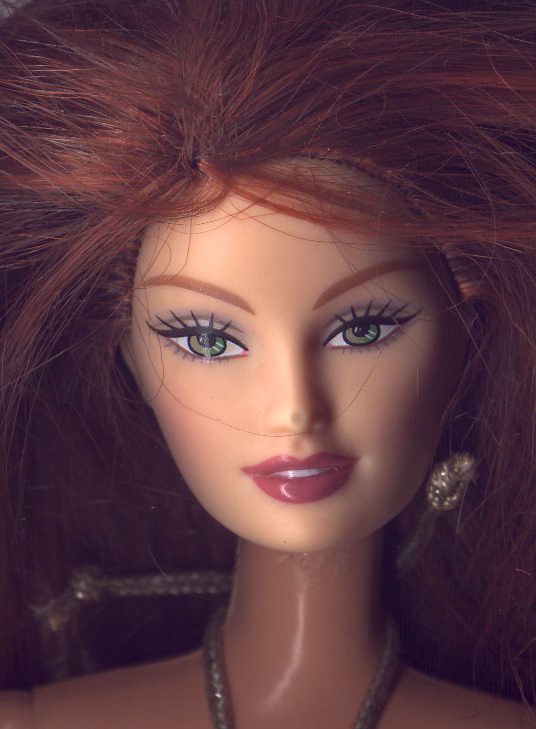AutistAcolyte
Well-Known Member
last night i had a very interesting conversation with some friends, and i found out that when some people say "vizualize an object" or "picture in your mind's eye" they actually see the thing as if they were looking at it!
i've always just closed my eyes and thought about the thing, but just seen staticky black, and i thought thats just how people talked about thinking, but apparently not!
what is you all's experience? do you see pictures in your mind? do you see them clearly or fuzzy? or do you not see anything?
i've always just closed my eyes and thought about the thing, but just seen staticky black, and i thought thats just how people talked about thinking, but apparently not!
what is you all's experience? do you see pictures in your mind? do you see them clearly or fuzzy? or do you not see anything?




